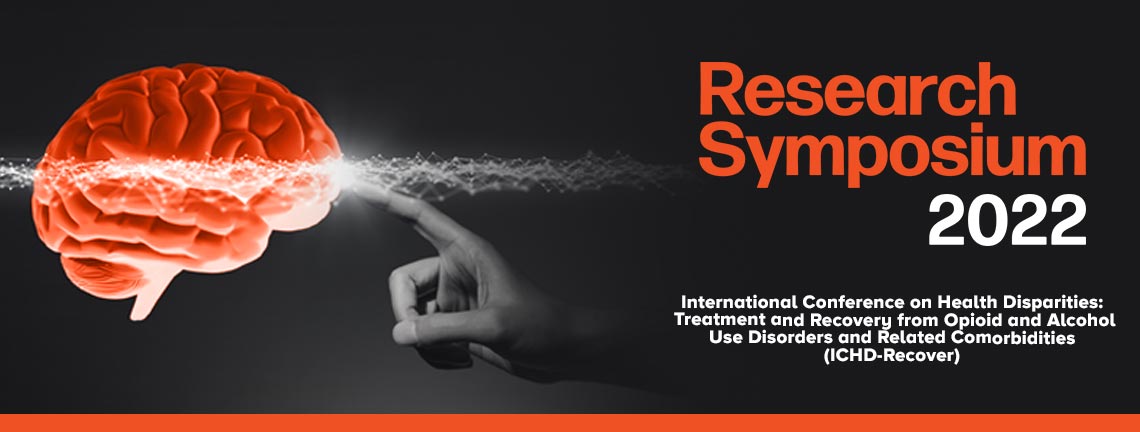
Talks
Presentation Type
Oral Presentation
Discipline Track
Translational Science
Abstract Type
Research/Clinical
Abstract
In a previous study we reported that 25% of college students had a family history of type 2 diabetes (T2D), and 39% of hypertension. Interestingly, between 17 to 47% reported not knowing about T2D or hypertension, neither the existing obesity-metabolic problems (ESFUERSO study). The COVID-19 pandemic forced confinement and modifications in food intake, physical activity, and psychological stress. This study aimed to analyze if the immune Ig-G anti-RBD (protective epitope in S protein) response associated with type of vaccination, metabolic risk, perceived stress, and history of COVID-19 contacts.
We included 116 students at the 3th year of follow up in the ESFUERSO cohort at Reynosa. Mean age 21.4 (SD 1.04) years old, BMI 28 (6.6), females 70% (81/116). The serum concentration of Ig-G anti-RGB measured by ELISA adjusted by sex, age, body fat percentage, and BMI was analyzed. Researchers performed a multiple regression analysis with Stata V17.0.
We found that 70% of the students had a family history of diabetes, hypertension, and/or obesity at baseline. Only 5 (4%) students did not have any vaccine at the time of the study, 102 (88%) were vaccinated with Moderna or Pfizer and 9 (8%) with other vaccines (Cansino, Sinovac). The prevalence of positive anti-RBD was 91%. The body fat percentage interacted with sex (p=0.034) explaining the serum concentration of anti-RBD decreased as adiposity increases in men, but increased in women. The interaction remained is spite of type of vaccination. We found no differences among metabolic risks for food consumption, distress, uncertainty, lack of sleep, sadness, and anxiety were associated with metabolic problems.
Our model predicts neutralizing anti-RBD had multiplicative interaction by sex and body fat percentage (increases in females and decreases in males), with no effects on stress score or food consumption.
Academic/Professional Position
Faculty
Academic/Professional Position (Other)
D.Sc.
Mentor/PI Department
Population Health and Biostatistics
Recommended Citation
Lopez-Alvarenga, Juan C.; Garcia-Oropeza, Esperanza M.; Perales-Torres, Adriana L.; Diaz-Badillo, Alvaro; Perez-Navarro, Lucia M.; Martinez-Lopez, Estrella; Rosas-Diaz, Marisol; Castillo-Ruiz, Octelina; Ramirez-Quintanilla, Laura Yanneth; Cervantes, Jacquelynne; Sciutto, Edda; Tapia, Beatriz; Vela, Leonel; Munguia-Cisneros, Claudia; and Ramirez-Pfeiffer, Carlos, "Neutralizing anti-RBD fraction for SARS-CoV-2 is associated with the interaction waist circumference and sex. An ESFUERSO preliminary report on university students" (2023). Research Symposium. 14.
https://scholarworks.utrgv.edu/somrs/2022/talks/14
Neutralizing anti-RBD fraction for SARS-CoV-2 is associated with the interaction waist circumference and sex. An ESFUERSO preliminary report on university students
In a previous study we reported that 25% of college students had a family history of type 2 diabetes (T2D), and 39% of hypertension. Interestingly, between 17 to 47% reported not knowing about T2D or hypertension, neither the existing obesity-metabolic problems (ESFUERSO study). The COVID-19 pandemic forced confinement and modifications in food intake, physical activity, and psychological stress. This study aimed to analyze if the immune Ig-G anti-RBD (protective epitope in S protein) response associated with type of vaccination, metabolic risk, perceived stress, and history of COVID-19 contacts.
We included 116 students at the 3th year of follow up in the ESFUERSO cohort at Reynosa. Mean age 21.4 (SD 1.04) years old, BMI 28 (6.6), females 70% (81/116). The serum concentration of Ig-G anti-RGB measured by ELISA adjusted by sex, age, body fat percentage, and BMI was analyzed. Researchers performed a multiple regression analysis with Stata V17.0.
We found that 70% of the students had a family history of diabetes, hypertension, and/or obesity at baseline. Only 5 (4%) students did not have any vaccine at the time of the study, 102 (88%) were vaccinated with Moderna or Pfizer and 9 (8%) with other vaccines (Cansino, Sinovac). The prevalence of positive anti-RBD was 91%. The body fat percentage interacted with sex (p=0.034) explaining the serum concentration of anti-RBD decreased as adiposity increases in men, but increased in women. The interaction remained is spite of type of vaccination. We found no differences among metabolic risks for food consumption, distress, uncertainty, lack of sleep, sadness, and anxiety were associated with metabolic problems.
Our model predicts neutralizing anti-RBD had multiplicative interaction by sex and body fat percentage (increases in females and decreases in males), with no effects on stress score or food consumption.

